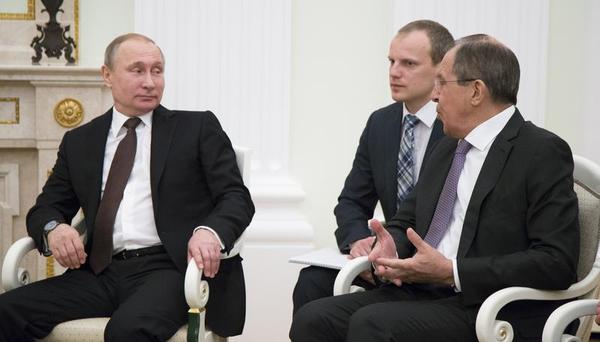History records three fleeting moments of remarkable Russian ascendancy: Peter the Great’s victory over Charles XII and a declining Sweden in the early 1700s, which implanted Russian power on the Baltic Sea and in Europe; Alexander I’s victory over a wildly overstretched Napoleon in the second decade of the nineteenth century, which brought Russia to Paris as an arbiter of great-power affairs; and Stalin’s victory over the maniacal gambler Adolf Hitler in the 1940s, which gained Russia Berlin, a satellite empire in Eastern Europe, and a central role shaping the global postwar order. These high-water marks aside, however, Russia has almost always been a relatively weak great power. It lost the Crimean War of 1853–56, a defeat that ended the post-Napoleonic glow and forced a belated emancipation of the serfs. It lost the Russo-Japanese War of 1904–5, the first defeat of a European country by an Asian one in the modern era. It lost World War I, a defeat that caused the collapse of the imperial regime. And it lost the Cold War, a defeat that helped cause the collapse of the imperial regime’s Soviet successor.
Russia's Perpetual Geopolitics

Read Full Article »
Comment



